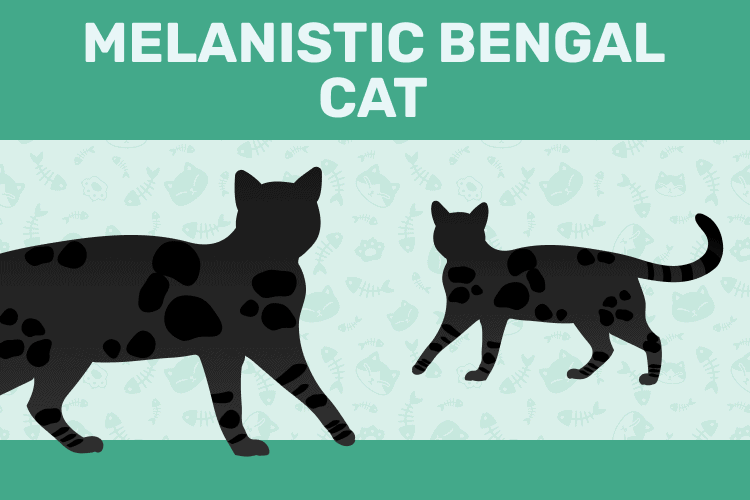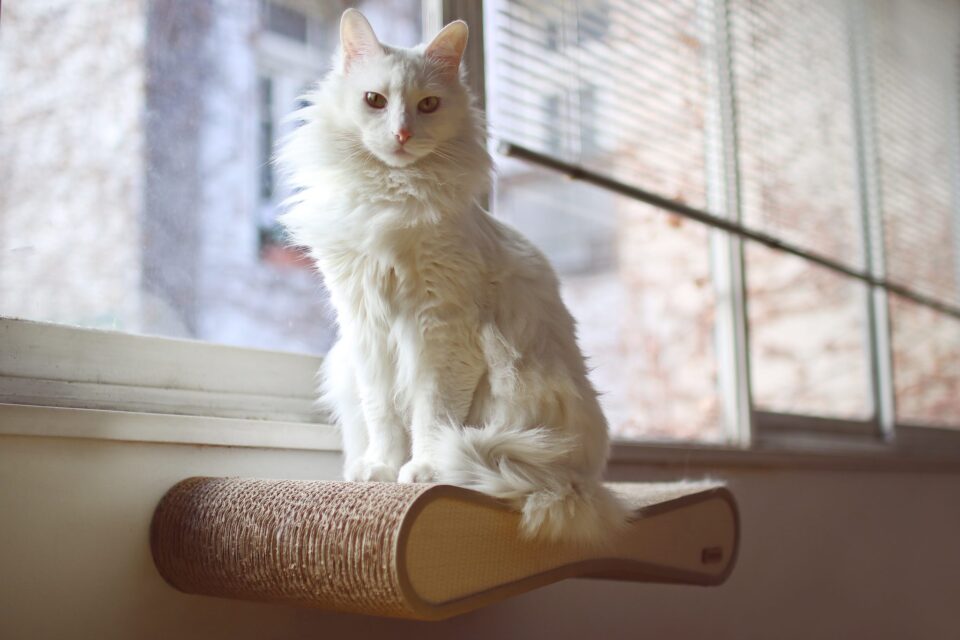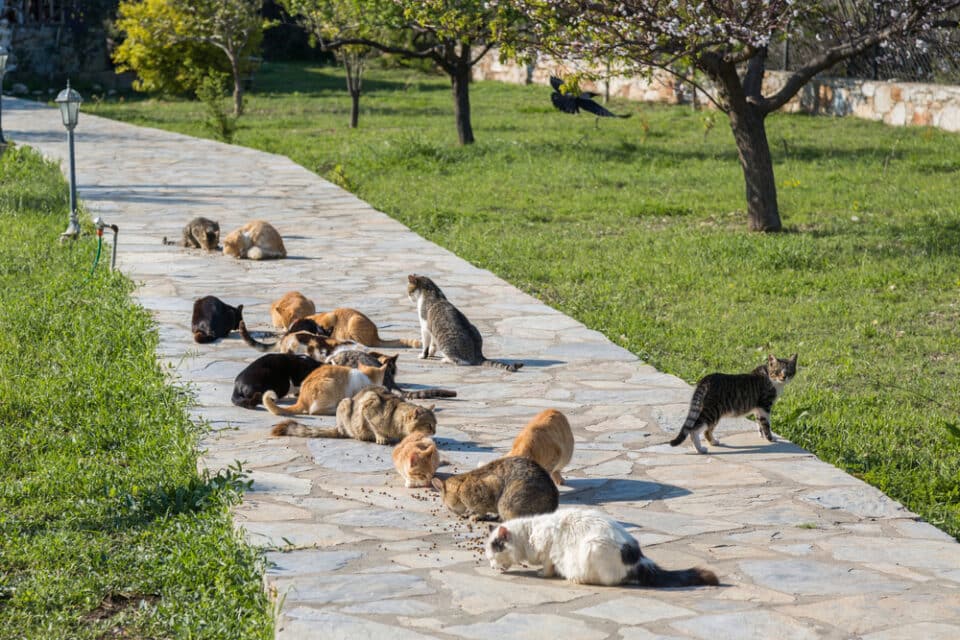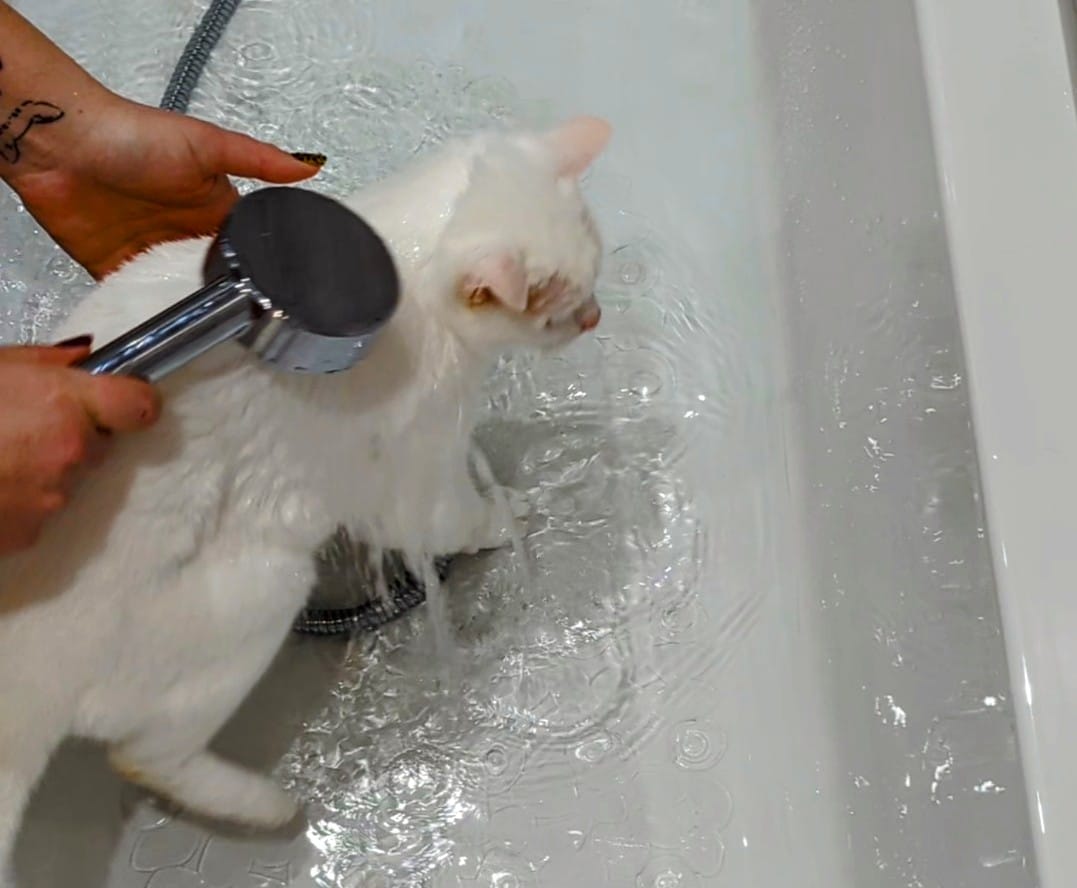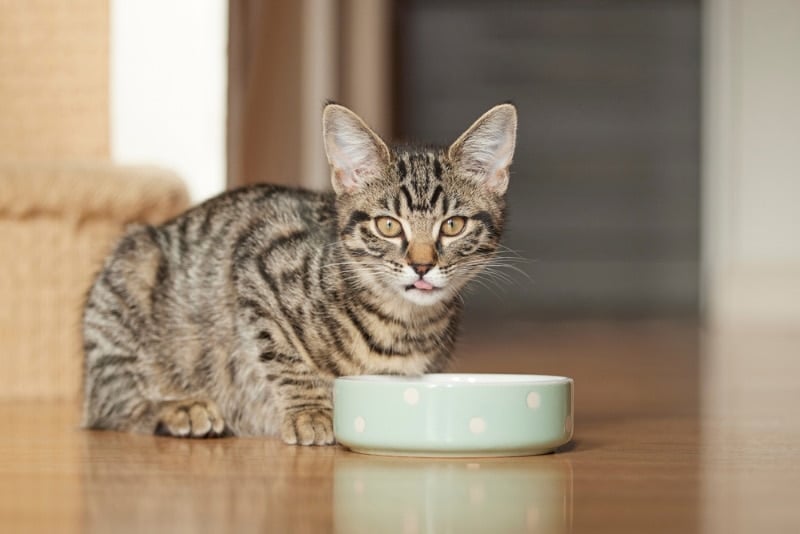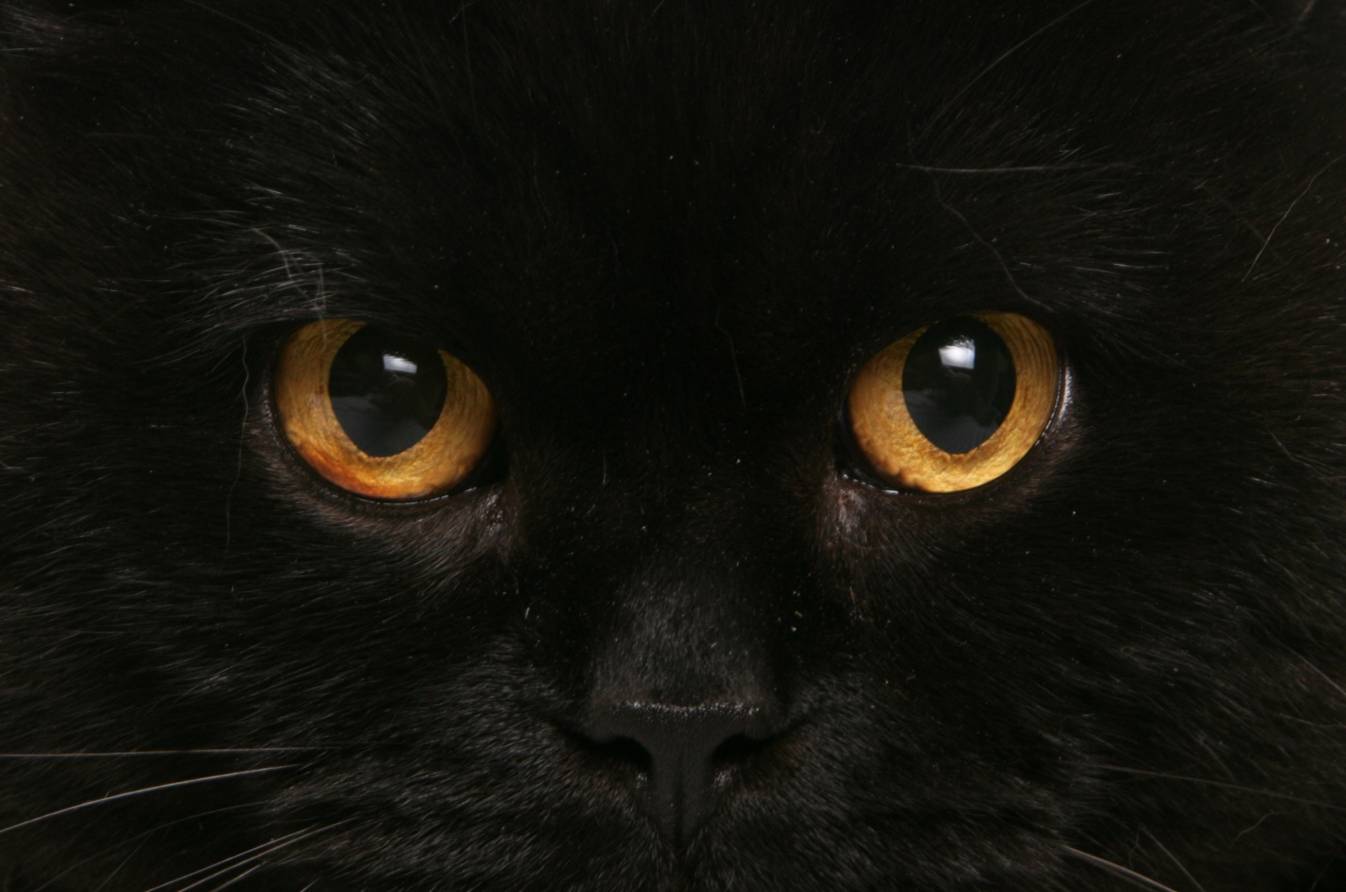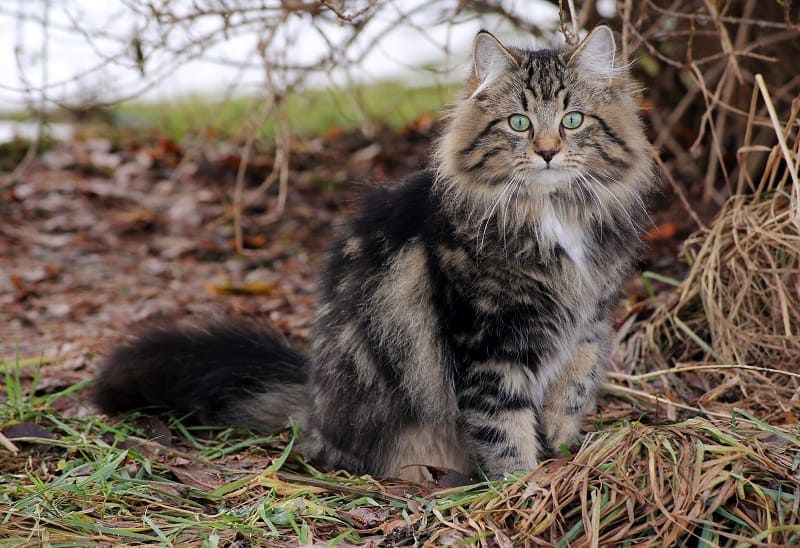Ever caught a glimpse of a black Bengal cat and thought you spotted a mini panther? These mesmerizing creatures, with their sleek appearance and mysterious ‘ghost markings,’ are truly a sight to behold. Unlike their tawny kin, black Bengals owe their striking color to a fascinating genetic twist.
Black Bengal cats are the result of a genetic quirk that causes an overabundance of melanin, giving them their unique dark coat. But don’t be fooled—these felines aren’t just about looks. They’re a blend of brains and brawn, demanding lots of mental and physical stimulation to stay happy and healthy.
The earliest Bengals emerged in the 1960s through the crossbreeding of the Asian Leopard Cat and domestic cats. The birth of black Bengals remains shrouded in mystery, but if you imagine the rarity of a black jaguar, you wouldn’t be far off. Their unique appearance is a treat for cat lovers who want a piece of the wild without the wilderness hassle.
In the world of genetics, black Bengals are up against a set of tricky odds. Their rarity is due to the recessive genes responsible for their color. If you’ve ever puzzled over Punnett squares in biology class, you’ll appreciate the mind-boggling combinations needed to produce these shadowy cats. Still, as word spreads about these stunning pets, their popularity continues to grow.
It’s a bit of a murky situation with formal recognition. The International Cat Association hasn’t officially recognized them in their blackest form, although other dark shades have found their place on the list. On the flip side, another cat association does nod towards their uniqueness. It’s a bit of a cat-and-mouse game, really!
Let’s get into what makes black Bengals stand out. For one, they often sport ‘ghost markings’: subtle stripes or rosettes visible only under certain lights or when the fur is wet. And yes, they have that mini-panther look down pat, making them captivating yet highly agile. These cats are a lively addition to any home, provided their need for activity and curiosity is sated.
But all this allure comes at a price—literally. They’re one of the more expensive breeds out there, often priced upwards of $2,000. This cost can vary, influenced by factors like lineage and whether the cat is show-quality.
Despite the price tag, if you’re equipped to meet their needs, black Bengals can make incredibly rewarding companions. They are not for the faint of heart or wallet, though! High-maintenance only scratches the surface; these cats require patience, energy, and commitment. But, for those who rise to the challenge, the reward is a charming, intelligent, and affectionate companion.
Black Bengal cats, with their ghostly allure and high energy, can be an exciting addition to the right household. They demand attention, space to explore, and a healthy dose of patience. But if you’re ready to embrace their exotic charm and meet their needs, you’ll find them to be an utterly enchanting pet.
